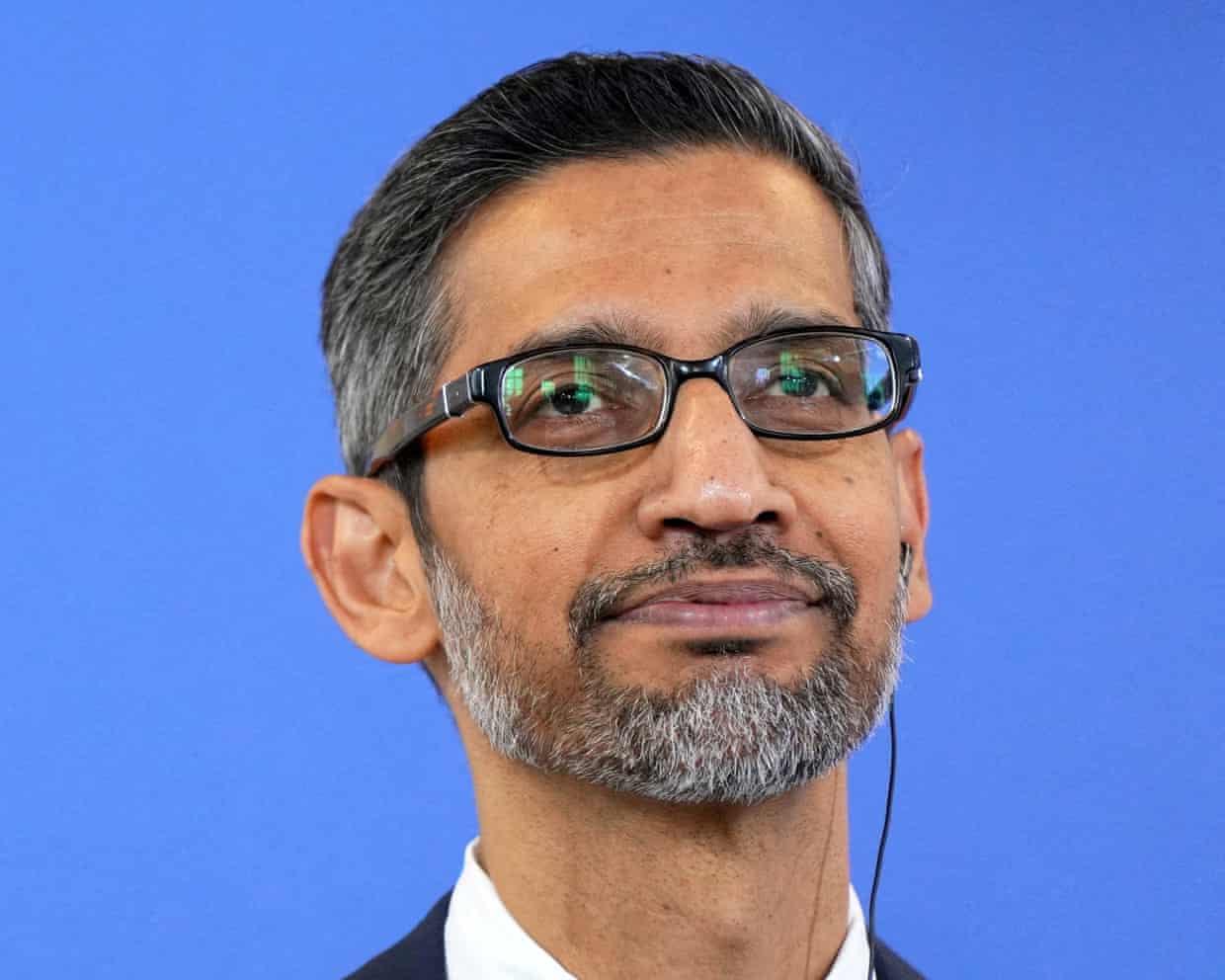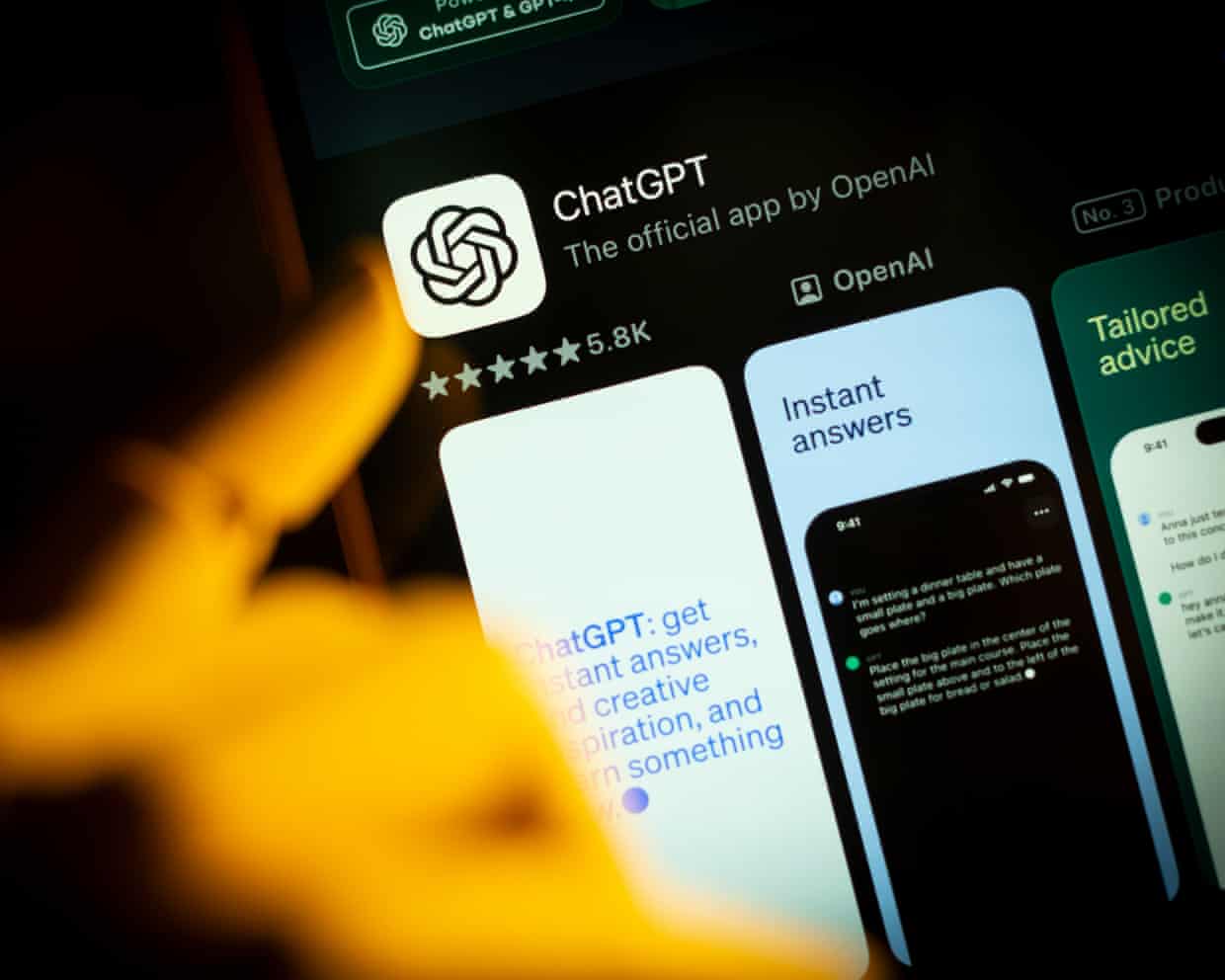‘Out of touch’ hereditary peers criticised for voting against workers’ rights

Dozens of hereditary peers – including the Duke of Wellington, landed aristocrats and millionaire business leaders – have been criticised for battling to unpick Labour’s plans to boost workers’ rights.The Lords voted to support a string of Conservative-backed amendments to the employment rights bill late on Monday for the third time running.In a protracted showdown with the upper chamber, the Lords vote aims to curtail a Labour manifesto promise to give workers the right to a guaranteed hours contract, and day-one protections against unfair dismissal.Those who supported efforts to water down the plan included 47 hereditary peers, 93 barons, 16 earls and seven viscounts.They included Charles Wellesley, the ninth Duke of Wellington, who sits as a crossbench hereditary peer.
A former Conservative MEP who carried the queen’s crown in King Charles’s coronation procession, he is a descendant of the first duke Arthur Wellesley, who led the victory over Napoleon Bonaparte at the Battle of Waterloo in 1815.Trade union leaders and senior Labour figures have criticised the Lords.Paul Nowak, the general secretary of the TUC, said: “The sight of unelected hereditary peers blocking stronger rights for millions belongs in another century – not modern Britain.”Labour MP Justin Madders, a former employment rights minister, added: “These unelected peers, with jobs for life, should not continue to downgrade and delay our plans to give everyone proper security at work.“We have a democratic mandate to deliver this massive increase in workers’ rights and the Lords need to realise their obstruction makes them look out of touch, undemocratic and firmly against the interest of working people in this country.
”Ministers have committed to throw out the Lords amendments, despite unease among some figures in government, with business leaders warning the changes could hurt jobs and the economy,A Labour source said the amendments were “pretty tone deaf” because the employment rights bill was a manifesto pledge,The Lords typically have an unwritten agreement not to vote against such measures,However, Labour is in the process of abolishing hereditary peerages,There are 85 hereditary peers, including 44 Tories and four each from Labour and the Liberal Democrats.
“They’re not representative of the wider population, and what we’re trying to do is to bring employment rights up to date and make sure people have rights at work which protect them,” the Labour source said,Industry leaders have stepped up lobbying against the workers’ rights changes, warning that employers are already slashing jobs and putting up prices in response to expected tax rises in the chancellor’s first autumn budget on 26 November,Those voting in the Lords against Labour’s plans included dozens of senior business figures and millionaires,Sign up to Business TodayGet set for the working day – we'll point you to all the business news and analysis you need every morningafter newsletter promotionThe Apprentice star Karren Brady, who sits as a Tory peer, was joined by former BT chief executive Ian Livingston and Cobra beer magnate Karan Bilimoria, who sit as non-affiliated peers,Others with a business background include the Tory financier James Lupton and CMC Markets founder Peter Cruddas.
Andrew Griffith, the shadow business secretary, said the Lords defeat showed businesses were concerned about “Labour’s unemployment bill” and called for the government to change course.“Labour should show some backbone, stand up to the trade union bullyboys, back British businesses and compromise on this awful bill,” he said.Ministers are under pressure to implement the employment rights bill “in full” after Keir Starmer’s September reshuffle fuelled unease among unions following the resignation of Angela Rayner, who had championed the plan.Christina McAnea, the general secretary of Unison, said: “Dukes, barons and earls shouldn’t be standing in the way of sensible measures that will improve working life, rebuild the economy and stop exploitation.“Good employers already do this because they know well-treated employees are less likely to leave and more likely to perform well.
”A government spokesperson said: “This government was elected with a clear manifesto commitment to make work pay and that is exactly what we are close to delivering.“More than 15 million workers across the UK are set to benefit directly from our employment rights bill, and we look forward to it becoming law as soon as possible.”

Crypto market sheds more than $1tn in six weeks amid fears of tech bubble
More than $1tn (£760bn) has been wiped off the value of the cryptocurrency market in the past six weeks amid fears of a tech bubble and fading expectations for a US rate cut next month.Tracking more than 18,500 coins, the value of the crypto market has fallen by a quarter since a high in early October, according to the data company CoinGecko.Bitcoin has fallen by 27% over the same period to $91,212, its lowest level since April.Investors around the world are on edge as fears mount over an artificial intelligence bubble in the stock market, with even the boss of Google’s parent company warning that “no company” will be immune if the bubble bursts.The UK’s blue-chip FTSE 100 index fell 1

‘Fear really drives him’: is Alex Karp of Palantir the world’s scariest CEO?
His company is potentially creating the ultimate state surveillance tool, and Karp has recently been on a striking political and philosophical journey. His biographer reveals what makes him tickIn a recent interview, Alex Karp said that his company Palantir was “the most important software company in America and therefore in the world”. He may well be right. To some, Palantir is also the scariest company in the world, what with its involvement in the Trump administration’s authoritarian agenda. The potential end point of Palantir’s tech is an all-powerful government system amalgamating citizens’ tax records, biometric data and other personal information – the ultimate state surveillance tool

Don’t blindly trust everything AI tools say, warns Alphabet boss
The head of Google’s parent company has said people should not “blindly trust” everything artificial intelligence tools tell them.In an interview with the BBC, Sundar Pichai, the chief executive of Alphabet, said AI models were “prone to errors” and urged people to use them alongside other tools.In the same interview, Pichai warned that no company would be immune if the AI bubble burst.Since May, Google has introduced an “AI Mode” into its search using its Gemini chatbot, which aims to give users the experience of talking to an expert.Google’s consumer AI model, Gemini 3

UK consumers warned over AI chatbots giving inaccurate financial advice
Artificial intelligence chatbots are giving inaccurate money tips, offering British consumers misleading tax advice and suggesting they buy unnecessary travel insurance, research has revealed.Tests on the most popular chatbots found Microsoft’s Copilot and ChatGPT advised breaking HMRC investment limits on Isas; ChatGPT wrongly said it was mandatory to have travel insurance to visit most EU countries; and Meta’s AI gave incorrect information about how to claim compensation for delayed flights.Google’s Gemini advised withholding money from a builder if a job went wrong, a move that the consumer organisation Which? said risked exposing the consumer to a claim of breach of contract.Which? said its research, conducted by putting 40 questions to the rival AI tools, “uncovered far too many inaccuracies and misleading statements for comfort, especially when leaning on AI for important issues like financial or legal queries”.Meta’s AI received the worst score, followed by ChatGPT; Copilot and Gemini scored slightly higher

Jeff Bezos reportedly launches new AI startup with himself as CEO
After stepping down as Amazon’s CEO four years ago, Jeff Bezos, the billionaire founder and former chief executive of the online shopping company, is going to be a CEO again. This time, Bezos has appointed himself co-CEO of an AI startup called Project Prometheus, the New York Times reported, citing anonymous sources.The startup, which will focus on developing AI for engineering and manufacturing in various fields, has already received $6.2bn in funding – more than many companies are able to raise in their lifetimes. Leading the company alongside Bezos is his co-founder and co-CEO Vik Bajaj, a celebrity tech executive in his own right

White nationalist talking points and racial pseudoscience: welcome to Elon Musk’s Grokipedia
Entries in Elon Musk’s new online encyclopedia variously promote white nationalist talking points, praise neo-Nazis and other far-right figures, promote racist ideologies and white supremacist regimes, and attempt to revive concepts and approaches historically associated with scientific racism, a Guardian analysis has found.The tech billionaire and Donald Trump ally recently launched xAI’s AI-generated Grokipedia with a promise that it would “purge out the propaganda” he claims infests Wikipedia, the free online encyclopedia that Musk has often attacked but that has long been a key feature of the internet.Grokipedia, now with more than 800,000 entries, is generated and, according to a note on each entry, “factchecked” by Grok, xAI’s large language AI model.The Guardian contacted xAI for comment. Seconds after the request was sent, there was an apparently automated reply that said only: “Legacy Media Lies

Why Australia will win v why England can win: two Guardian cricket writers make their Ashes cases

A trooper’s shove showed stardom doesn’t protect Black athletes from police | Etan Thomas

The Breakdown | Could new Nations Championship transform Test rugby? The jury is out

Mark Wood declared fit for first Ashes Test as England seamers ‘lick their lips’ at surface

The Luka Era begins: inside the transformation powering the post-LeBron Lakers

‘A drug that’s very safe and healthy‘: what ultrarunners can teach us about life | Sean Ingle